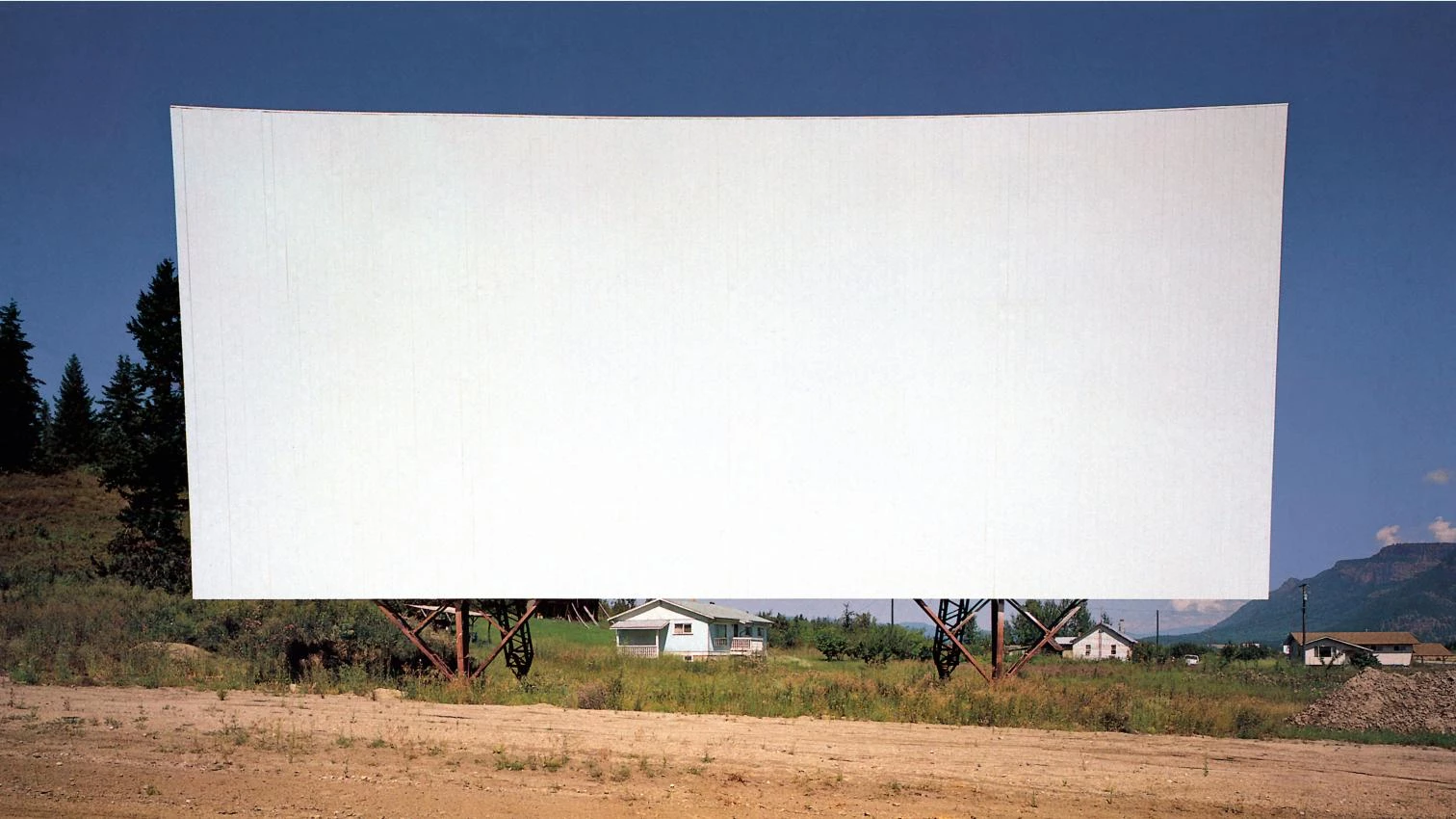
Grenoble has decided to ban street advertising. The French city will remove the foliage of signs that fills its visual landscape, pioneering a European movement that defends the calm beauty of the city from the roaring screams of consumerism, and serving perhaps as an inspiration for candidates in the upcoming Spanish municipal elections. Grenoble’s liberation from the rule of ads is the fulfillment of a campaign pledge, happily coinciding with the termination of the contract with the street furniture company, and hopefully the parties aspiring to local government in Spain will take on a similar commitment: when advertising contracts expire, billboards will go down and trees will go up.
In 2001 the Landscape Biennial of Barcelona was held under the motto ‘Insurgent Gardens,’ and for the occasion I proposed a modest manifesto urging to replace urban publicity with vegetation. The text was published in El País on 12 May of that year, but things have changed so little since then – in Madrid, for instance, ad signs have multiplied, and even Sol metro station has taken the name of a company – that reproducing it now seems fitting. Naomi Klein headed her No Logo with a quote of the founder of the advertising agency Ogilvy & Mather: “As a private person, I have a passion for landscape, and I have never seen one improved by a billboard. Where every prospect pleases, man is at his vilest when he erects a billboard.” (David Ogilvy, Confessions of an Advertising Man, 1963). Half a century later, the world of Mad Men is still among us, but Grenoble offers a chink of hope.
Bring Down the Billboards!
Insurgent gardens should stand up against advertising billboards. The city of spectacle finds its most literal expression in these urban signs, and a rebellious landscape should choose them as their Place Vendôme Column: the symbol to tear down. Where there was a billboard, a vertical garden; against the screams of advertising, the whispers of vegetation. A more silent town is a more inhabitable one: if we confront atmospheric, acoustic and luminous pollution, no less should we oppose the visual contamination of the city caused by the frenzy of commercial or political advertising. In the past institutions were represented through architecture and landscape; today they are represented through advertisements: our billboards are our Versailles. Their elimination is a modest and attainable goal: a law made them disappear from roads, and another can erradicate them from streets. With some exceptions indeed; the Osborne bull has urban correlates in some neon crossroads and movie billboards, but the fascination with the Venturi of “Main Street is almost all right” should not make one think that “Las Vegas is almost all right.” Times Square has served as an excuse for the colonization of the city by publicity which in most cases degrades the urban landscape. Let us plant ivy at the foot of every billboard and let us raise insurgent gardens: ‘Erased billboards,’ a civic and artistic project in the spirit of the Beuys of Kassel. Let nature win over spectacle, and let Barcelona, pioneer in so many things, move from hard squares to soft billboards.





